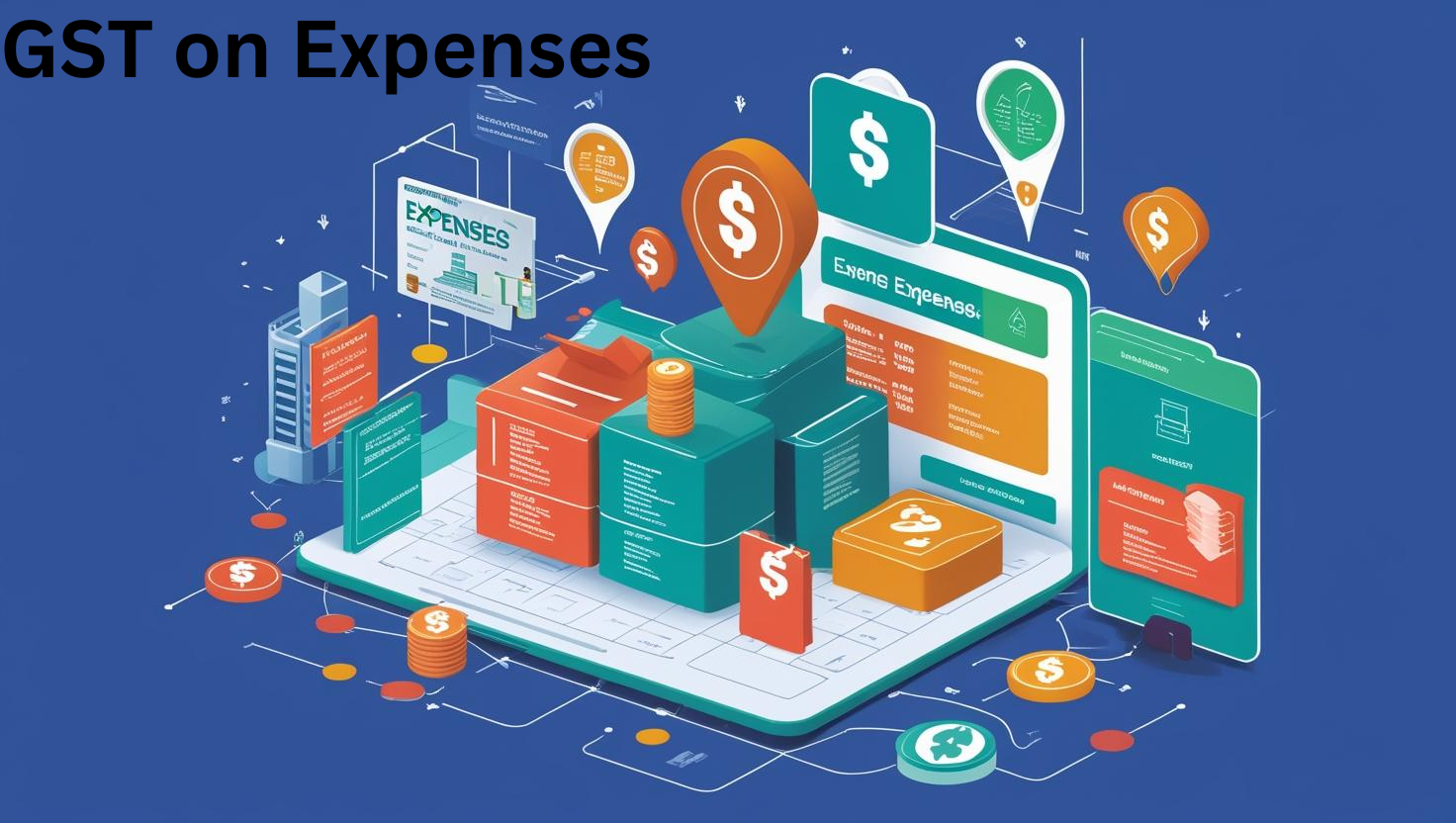Travel expense is an unavoidable element of conducting business in today’s globalized world. Employees frequently travel to different places to attend meetings, conferences, training sessions, or fulfill various professional duties. These costs typically include transportation, lodging, meals, and other incidental expenses. Employers usually establish reimbursement policies to offset and compensate for these costs and allow employees to recover the funds they have spent out of their own pocket. However, the reimbursement of travel expenses becomes more complex when considering Goods and Services Tax (GST).

What is Reimbursement of Travel Expenses?
Travel expense reimbursement involves compensating employees for the costs they personally incurred during a business trip. Such costs typically cover transportation, meals, accommodation, and other services directly associated with the business objectives of the trip. While employers can claim reimbursement costs as tax deductions, employees are generally unable to deduct these expenses. To receive reimbursement, employees must furnish proper documentation verifying that the expenses were indeed business-related.
Examples of travel expenses that can be reimbursed:
- Airfare, train fare, bus fare, taxi fare, or car rental fees for traveling to and from the destination
- Mileage allowance or fuel costs for using a personal vehicle for business travel
- Parking fees, tolls, and other transportation-related expenses
- Hotel charges for overnight stays
- Meals and incidental expenses (such as tips, laundry, phone calls, etc.) within reasonable limits
- Conference fees, seminar fees, or other professional development costs
Type of reimbursement of expenses
- Incidental expenses incurred by the supplier in the course of supply. This may be in the form of commission, packing, travelling expenses, etc., and forms a part of the value of supply. These expenses are usually incurred before or at the time of delivery of the goods or supply of the services.
- Expenses that the supplier incurs as a pure agent. These are expenses that the supplier has incurred on behalf of the recipient but do not form a part of the value of supply. Examples include registration fees or taxes paid to the government, transportation charges paid to a third-party transporter that the recipient has authorised the supplier to incur, etc.
GST on Reimbursement of Travel Expenses
GST Rates for Travel Services:
- Without the option of Input Tax Credits (ITC), a 5% GST is applied to the gross tour price.
- With ITC, an 18% GST rate is applied.
Place of Supply for Travel Services:
- The location of the service provider, the recipient, and the nature of the service determines the place of supply.
- For example, in hotel reservations, the place of supply is the city where the hotel is located.
GST Implications for Reimbursement of Travel Expenses by Employers to Employees:
- Employers can claim a GST credit if they reimburse employees for taxable expenses related to business activities.
- Reimbursement from another party may be subject to GST or exempt, depending on the nature of the reimbursement.
GST Implications for Reimbursement of Travel Expenses by Service Providers to Clients:
- Expenses incurred on behalf of a client during the supply of taxable services are excluded from the value of supply for tax purposes under certain conditions.
- Conditions include acting as a pure agent, indicating the payment separately in the invoice, recovering only the amount paid to the third party, and using the goods or services for the recipient’s supply.
FAQs
Q1. Are there any exceptions where GST may be applicable on travel expense reimbursements?
In certain cases, such as employee services provided to a related party for consideration, GST may be applicable to the reimbursement. Additionally, if the reimbursement includes an element of profit or service charge, GST may be levied on that portion.
Q2. What is the difference between a refund and reimbursement of travel expenses?
A refund is a return of money that has been paid for a service or product that was not received or was unsatisfactory. A reimbursement is a payment made to a person for an expense that they have incurred on behalf of another person or entity. For example, if a traveler cancels their flight due to a medical emergency, they may get a refund from the airline. If an employee travels for a business meeting and pays for the flight ticket from their own pocket, they may get reimbursement from their employer.
Q3. Is GST applicable for reimbursement of expenses?
Under GST law, all reimbursements of expenses form a part of the value of supply, except when incurred as a pure agent, subject to the fulfilment of the following conditions:
- The payment is made to a third party on authorisation by such recipient
- The payment made has been separately indicated in the invoice
- The supplies procured by the pure agent are in addition to the services they supply on their own account.
